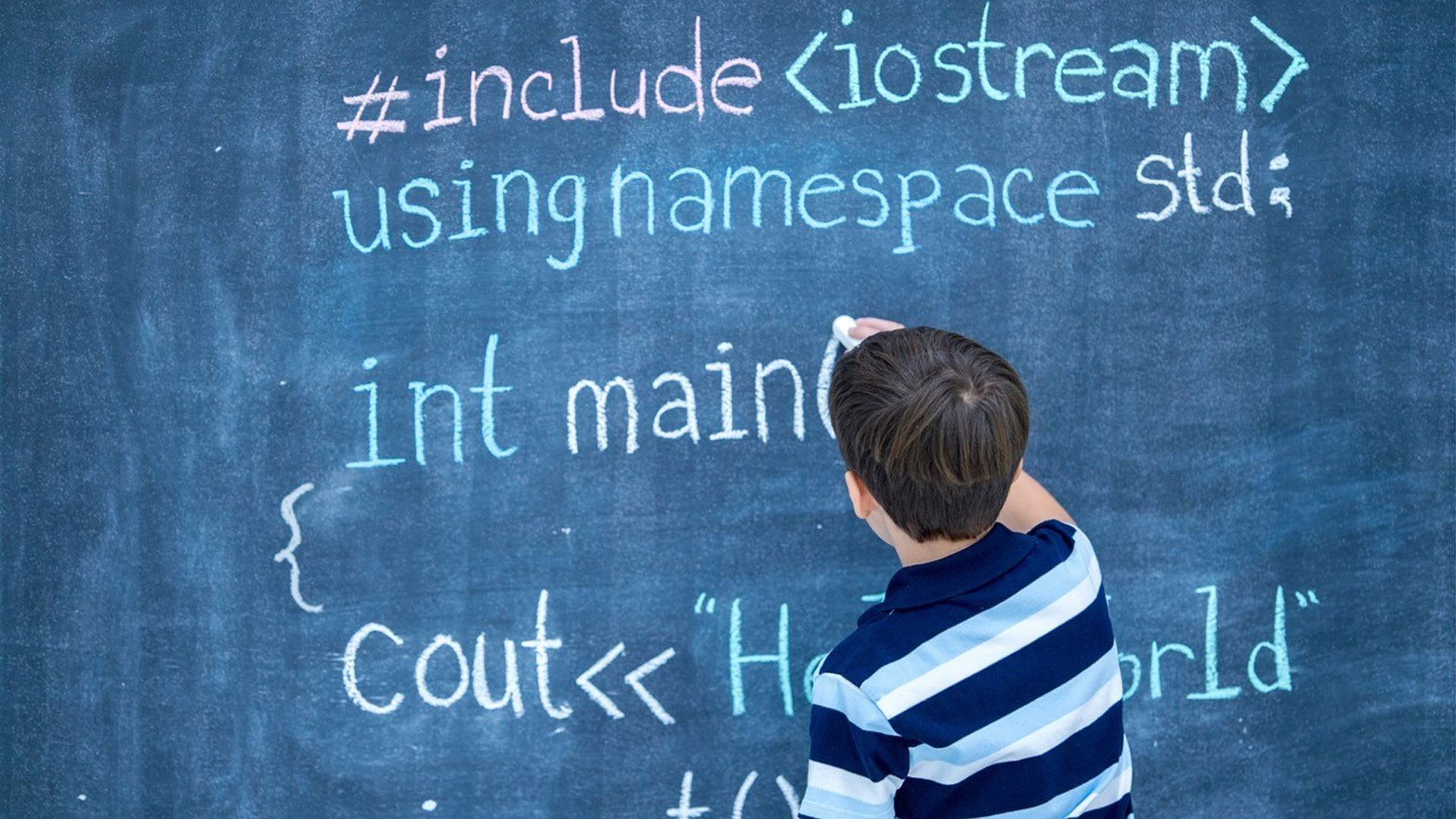BY PAM RUTLEDGE, PHD
Doctoral faculty, Media Psychology
MARCH 25, 2020
Last week we were worried about the negative impact of cellphone overuse. Now we’re worried about staying employed, entertained and connected. It’s funny how a little pandemic shifts your opinion.

In trying to decide about the impact of media consumption, I pay attention to how people use devices and what content they consume, not the amount of time or the frequency. Device use during a pandemic resets the boundaries between what we think of as ‘appropriate’‘ vs. ‘problematic.’ What someone last week might have considered ‘overuse’ or ‘lack of personal boundaries’ now seems important if not desirable. The conditions have changed, but my basic premise hasn’t—it’s a question of quality, not quantity. What you consume is much more important than the amount of time you spend on a device. As we enter into social distancing and remote living to avoid contagion, it’s important to distinguish between useful and beneficial searching, scrolling and connecting and the content and use that causes anxiety and rumination on threat.
News Media Influences our Emotions
Media content of all kinds influences our emotions. This is no surprise when it comes to movies and TV. But it’s easy to overlook the impact of Twitter, Facebook and news sites like CNN. Reading lots of angry or fearful Tweets or worrisome news stories can increase your agitation, raise your stress-level and create feelings of helplessness. What is the effect of coronavirus news overload? The outbreak of coronavirus has triggered our survival instinct and made us hypervigilant. We are in fight-or-flight mode, on high-alert for signals of danger. When we are hypersensitive, our decision making is impaired and the impact of danger is amplified.
It makes sense that people would use media to try to learn as much as possible about the coronavirus. Information-seeking makes us feel less helpless and more connected, especially during this time of social isolation. News stories and social media show us that we’re not experiencing this alone. Humans are social animals—social distancing and sheltering-in-place are not instinctive behaviors. Therefore we do the next best thing. We connect with the world through media of all kinds, from text to TV. We consume a lot because we want to be sure we’re not missing something important that is critical to our survival. This is a whole different kind of FOMO—one that isn’t about our social success, it’s about our social survival.
Even without a pandemic, bad news dominates news feeds. Our brains are suckers for bad news, thanks to our innate cognitive bias toward anything that threatens our health or security. Danger is something we pay attention to immediately. This is a primal response honed from years on the Savannah. News producers know this but remember we’re part of the problem. Content providers feed us what we want to see because they develop content based on what they learn from tracking our choices and online behaviors. Right now, we’re telling them loud and clear that we want to be up-to-date on the pandemic.
Focusing too much on negative or dangerous information, however, can have detrimental effects by increasing your anxiety and stress level. When things are scary, you have to exert some “cognitive override” and ask yourself how much is too much? Ask yourself how much information has value to your decisions and behaviors and what is overkill. News stations keep broadcasting the same news over and over until they get new information. After 9/11, networks repeatedly showed the video of the plane hitting the Twin Towers like a broken record. Now we are continually being shown contagion maps and empty grocery store shelves. No wonder we’re panicked. The way our brains work, not only does repetition make something easier to remember, it intensifies perceptions of importance.
From Repetition to Rumination: Obsessing Over Coronavirus News
Messages that reinforce helplessness and scarcity can easily turn into rumination. Over-thinking or obsessing over negative events—such as continual preoccupation with tacking the coronavirus—won’t produce new information, but it can detrimentally infect your entire outlook. Negative rumination becomes a cycle, continually conjuring up new anxieties and fears. Beyond anxiety, research shows that rumination is associated with a range of undesirable outcomes, including depression and PTSD. It paralyzes your problem-solving abilities, undermines your motivation and puts a burden on interpersonal relationships.
If you are one of those people who start the day glued to your phone even before you lift your head off the pillow, it’s time to evaluate how that impacts the rest of your day. There are lots of reasons why you might. Phones now function as alarm clocks, weather forecast and calendars along with being news and social portals. Is your phone behavior making you feel in control or is it reinforcing a sense of chaos? Is it helping your work, relationships, and mood or is it detracting from them?
We are all finding our way right now, figuring out how to use media consumption to stay connected, entertained, informed and employed. For people concerned with overuse, I usually recommend keeping a diary of technology use for a few days in the same way that you might keep a food or exercise log. However, we’re in triage right now. Nevertheless, it is counterproductive to try you want to change your behavior without knowing why or to what.
The Power of Paying Attention
The best approach right now is to actively pay attention to what you’re doing, not just what you’re consuming. Communications technology, like mobile devices and computers, tend to disappear when we connect with content that interests us. If we’re really locked in, we lose track of time and often focus, traveling from one link or site to another. If scrolling through feeds first thing in the morning makes you feel like you’re vulnerable, behind in work or triggers negative emotions, then try something different—even small changes can have a big impact. If, on the other hand, the content you choose is satisfying, helps you identify priorities, makes you feel more connected or grateful, then it is positive and doesn’t change a thing.
This may seem obvious, but how many days have we sat down at our computer for a “quick check to put out fires” and emerged some hours later? The “quick check” morphed into behavior that has no useful outcomes because they had no plan or intention at the start. When this happens to me, my behaviors bear no relation to my ‘to-do’ list and it leaves me feeling more rather than less out-of-control, a bit discouraged about the world, worried about my family and friends, and like a dope for wasting time.
Mindfulness and Intention
Under the current shelter-in-place conditions, exercising intention and mindfulness is not just useful, it’s essential. Instead of getting pulled right into the news feed, think about the purpose of different media consumption. Information-seeking, satisfying curiosity about how others are coping, connecting socially, taking care of work and enjoying entertainment all take place on the same devices but have vastly different outcomes. What do you actually want to do? This small moment of media mindfulness can make the difference between being feeling bad and feeling ok.
It won’t take you more than a day or two to figure out if you are cultivating some less than useful habits—experiment, make adjustments in your use. Try waiting until you have that first cup of coffee to check your email or examine your feelings after a few minutes of connection. Do you get a sense of comfort? If you’re feeling compelled to stay connected, convert some of that time to guided-mediation or at least silly cat videos. See if your emotions shift.
Starting a day with positive emotion can make a big difference when facing something that is both a physical and psychological threat. Rather than jump into the news with no plan other than to “find things out.” Take a moment each morning to stop and declare your intention, think about what you want to accomplish—whether it’s the news you want to find or what you would like to happen that day, no matter how modest. This approach can short circuit ‘fear scrolling’ and not only increases the likelihood of getting something done in these disorienting times, but it will also increase your sense of competence and wellbeing.
One final note: No amount of intention will change the physical effects of screen time. if you are checking your phone throughout the night, you are risking your sleep and your health. Screens have a light that disrupts sleep patterns; information, especially during a pandemic, is not conducive to relaxation. Not enough sleep will make you more vulnerable to things like depression and can negatively impact your immune system—this is at a time when we need to be as healthy and germ-resistant as possible.
ABOUT THE AUTHOR:
Join Over 7,500 Fielding Alumni Located Around The World!
Change the world. Start with yours.™







Get Social